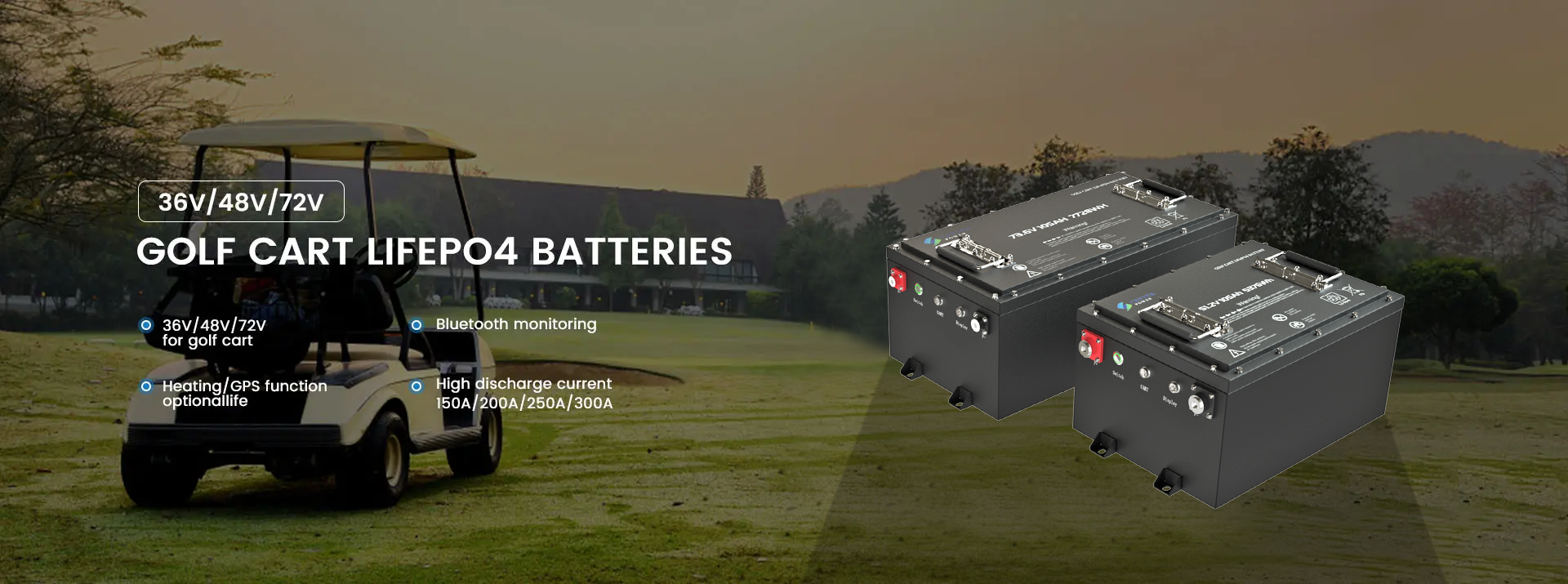Solar energy is more affordable, accessible and popular than ever in the United States. We are always on the lookout for innovative ideas and technologies that can help us solve problems for our clients.
What is a battery energy storage system?
A battery energy storage system is a rechargeable battery system that stores energy from a solar system and provides that energy to a home or business. Thanks to its advanced technology, battery energy storage systems store the surplus energy generated by solar panels to provide off-grid power to your home or business and provide emergency backup power when needed.
How do they work?
A battery energy storage system works by converting the direct current generated by solar panels and storing it as alternating current for later use. The higher the capacity of the battery, the larger the solar system it can charge. Ultimately, solar cells perform the following functions:
During the day, the battery storage system is charged by clean electricity generated by the sun optimization. Smart battery software uses algorithms to coordinate solar production, usage history, utility rate structure and weather patterns to optimize when to use stored energy freed. During periods of high usage, energy is released from the battery storage system, reducing or eliminating expensive demand charges.
When you install solar cells as part of a solar panel system, you store excess solar energy instead of sending it back to the grid. If the solar panels generate more power than is used or needed, the excess energy is used to charge the battery. Power is returned to the grid only when the battery is fully charged, and power is drawn from the grid only when the battery is drained.
What is the lifespan of a solar battery? Solar cells generally have a service life between 5 and 15 years. However, proper maintenance can also have a significant impact on the lifespan of a solar cell. Solar cells are greatly affected by temperature, so protecting them from extreme temperatures can extend their lifespan.
What are the Different Types of Solar Cells? Batteries used for residential energy storage are typically made from one of the following chemistries: lead-acid or lithium-ion. Lithium-ion batteries are generally considered the best choice for solar panel systems, although other battery types may be more affordable.
Lead-acid batteries have a relatively short life and low depth of discharge (DoD)* compared to other battery types, and they're also one of the cheapest options on the market today. Lead-acid could be a good option for homeowners who want to go off the grid and need to install a lot of energy storage.
They also have a higher DoD and longer life than lead-acid batteries. However, lithium-ion batteries are more expensive than lead-acid batteries.
The percentage of the battery that has been discharged relative to the total battery capacity. For example, if your energy storage battery holds 13.5 kilowatt-hours (kWh) of electricity and you discharge 13 kWh, the DoD is about 96%.
Battery storage
A storage battery is a solar battery that keeps you powered day or night. Typically, it will meet all of your home's energy needs. Self-powered home combined with solar power independently. It integrates with your solar system, storing excess energy generated during the day and delivering it only when you need it. Not only is it weatherproof, but it's also a fully automated system that requires no maintenance.
Best of all, an energy storage battery can detect a power outage, disconnect from the grid, and automatically become your home's primary energy source. Capable of providing seamless backup power to your home in fractions of a second; your lights and appliances will continue to run uninterrupted. Without storage batteries, solar power would be turned off during a power outage. Through the app, you have a complete view of your self-powered home.

Post time: Apr-11-2023





